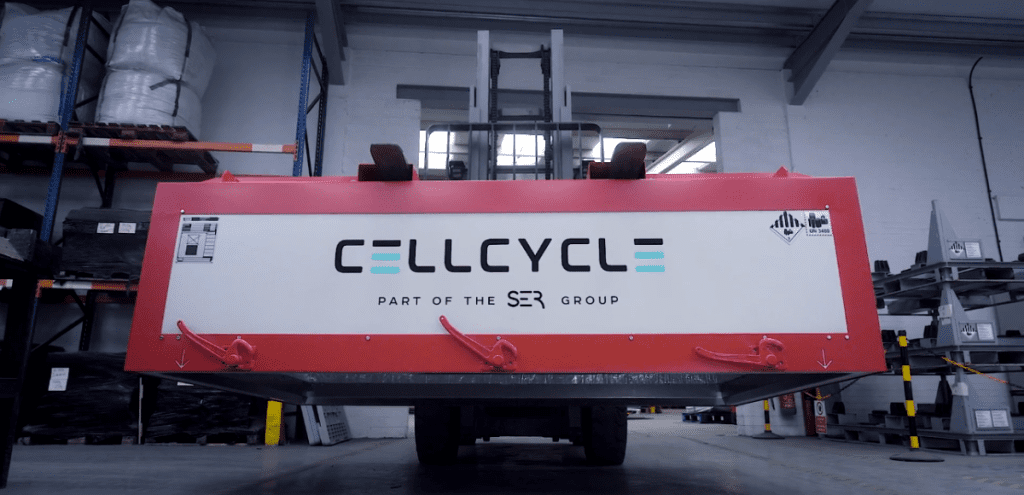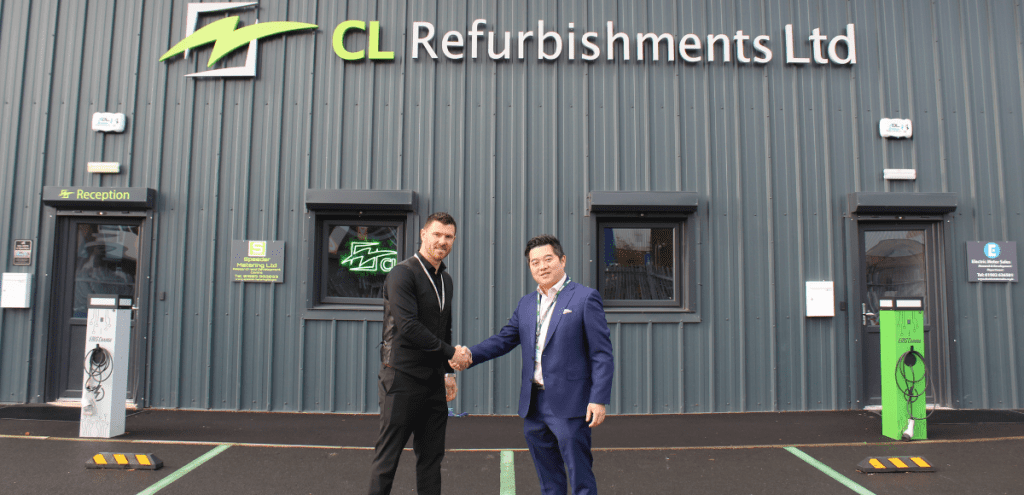Understanding the Risks: Thermal Runaway and Fire Hazards in Transport
Lithium-ion batteries are an essential part of modern life, powering everything from smartphones to electric vehicles. However, when it comes to recycling these batteries, the biggest safety risk is thermal runaway—a chain reaction that can lead to fires and even explosions. Battery-related fire incidents have become a significant concern worldwide, with many recycling facilities facing devastating consequences due to improper handling or undetected battery faults.
Why Do Lithium-Ion Batteries Catch Fire?
Thermal runaway occurs when a battery’s internal temperature rises uncontrollably. This can be triggered by several factors, including:
- Physical Damage: Cracks or punctures in the battery casing can expose flammable electrolytes to oxygen, leading to a fire hazard.
- Overheating: High temperatures, either from external sources or due to overcharging, can degrade battery components and accelerate chemical reactions.
- Internal Short Circuits: Manufacturing defects or wear and tear over time can cause internal shorts, generating heat beyond safe limits.
- Improper Storage and Transportation: Batteries stored in large quantities without adequate separation or safety measures can increase the risk of a thermal event.
The chemistry behind lithium-ion batteries makes them highly energy-dense, which is great for efficiency but also means they require careful handling to prevent accidents.
How Cellcycle Ensures Safety Battery Transportation
At Cellcycle, safety is not just a priority—it is the foundation of our operations. We understand the risks involved in handling end-of-life lithium-ion batteries, and we take stringent measures to mitigate any potential thermal disasters for their transportation. Here’s how we ensure safety at every stage of our process:
- Certified Operations: We are fully certified by the relevant government agencies, adhering to strict safety protocols for handling and recycling hazardous battery materials.
- In-House Dangerous Goods Safety Advisor (DGSA): Every batch of incoming and outgoing batteries is thoroughly assessed by our dedicated DGSA to ensure compliance with safety regulations and mitigate risks before recycling begins.
- Safe Packing and Storage: We follow industry best practices for battery packaging and storage, using fire-resistant containers and segregation methods to prevent cross-contamination and thermal propagation.
- ADR-Compliant Transportation: Our fleet of vehicles and drivers are ADR (Agreement Concerning the International Carriage of Dangerous Goods by Road) compliant, ensuring that battery assets are transported safely and securely.
- Collaboration with Trusted Logistics Partners: We work with experienced logistics providers to guarantee that batteries reach our recycling facilities without incident, reducing risks for both our clients and the environment.
Protecting Our Clients and the Environment
Battery fires are a legitimate concern for both upstream and downstream clients involved in the lithium-ion battery lifecycle. At Cellcycle, we provide peace of mind by offering professional collection, decommissioning, and lithium battery recycling services that prioritise safety at every step. By adhering to rigorous safety measures, we not only protect our workforce and facilities but also help our clients manage their battery assets responsibly.
If you are looking for a reliable and certified partner to handle your lithium-ion batteries safely, get in touch with Cellcycle today.


